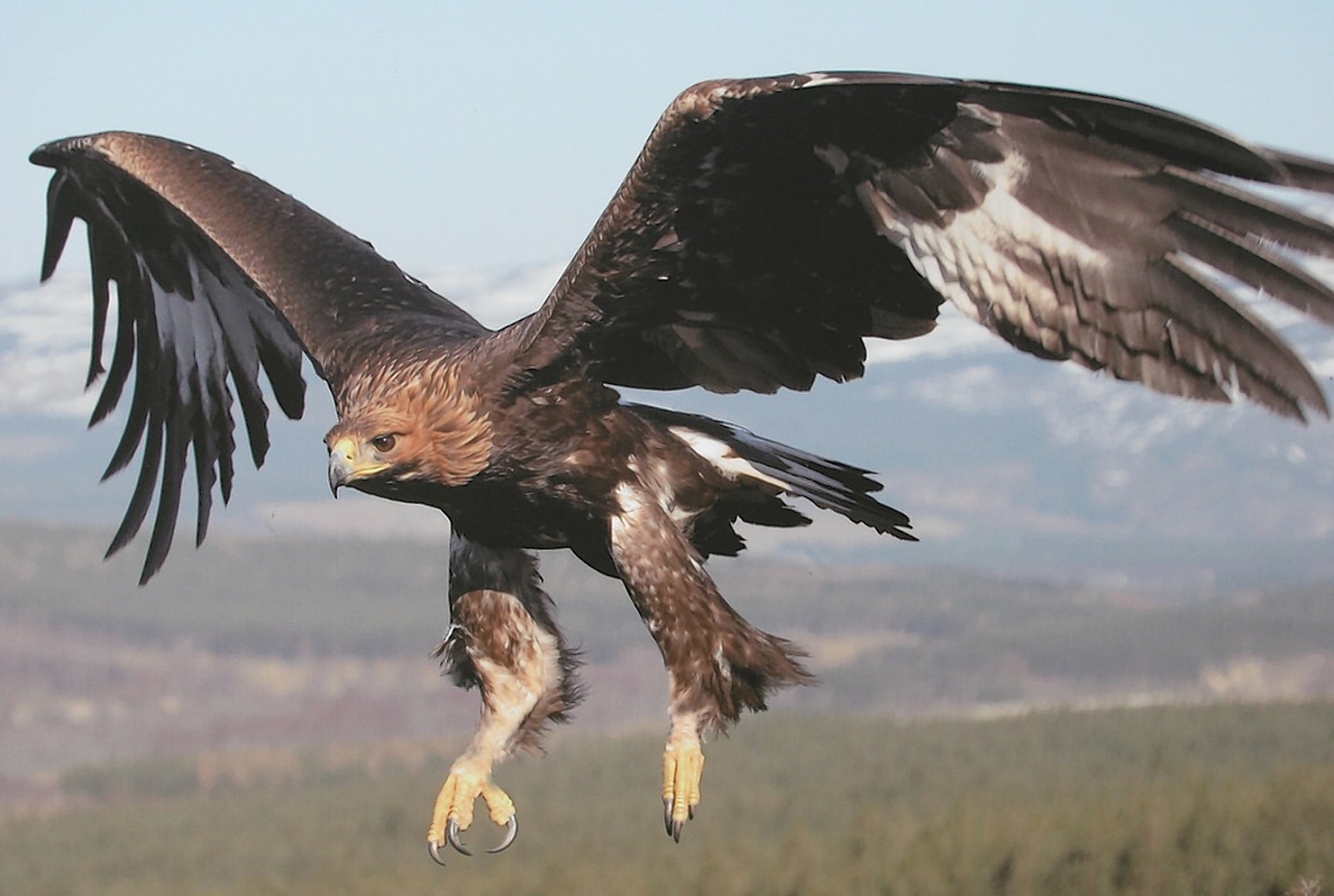An influential Holyrood committee is calling for a crackdown on wildlife crimes – with better detection and more prosecutions.
MSPs said there was no room for complacency as they voiced concerns that crimes are going unreported and therefore unrecorded.
Their inquiry heard that only about a fifth of wildlife crimes
were reported to the police, and of those 20.7% were marked for “no action” by prosecutors, compared with 9.5% for other crimes.
The rural affairs, climate change and environment committee shared the concerns of former environment minister Paul Wheelhouse that certain species were almost entirely absent from areas they would be expected to inhabit.
Committee convener Rob Gibson said: “As awareness of the scope and complexity of wildlife crime increases, we strongly believe there is no room for complacency from any of us in tackling this important issue.”
During evidence sessions, the committee questioned whether wildlife crime was sufficiently prioritised by the police and Crown Office, he said.
“We heard that the answer is yes, therefore we expect to see an improvement in the detection and prosecution rates for wildlife crime in future years,” said Mr Gibson, who is MSP for Caithness, Sutherland and Ross.
The committee was also “appalled” at the recent poisoning of 16 birds of prey near Conon Bridge on the Black Isle.
Justice authorities defended their actions.
A Crown Office spokesman said wildlife and environmental crime was a priority and “there is a strong presumption in favour of prosecution of the cases reported to us where there is sufficient evidence to do so”.
Chief Superintendent Robbie Allan said Police Scotland was committed to tackling wildlife crime.
“We now have wildlife crime officers and a lead senior wildlife officer in every division, a national wildlife crime co-coordinator and a detective chief superintendent lead across the country,” he said.
“Investigations into the suspicious deaths of wildlife can be difficult and prolonged, the areas covered can be vast and remote, and it is seldom immediately apparent whether wildlife may have died is the result of criminality.”
A Scottish Government spokesman said it welcomed the detailed scrutiny by the committee and would give a detailed response soon.
